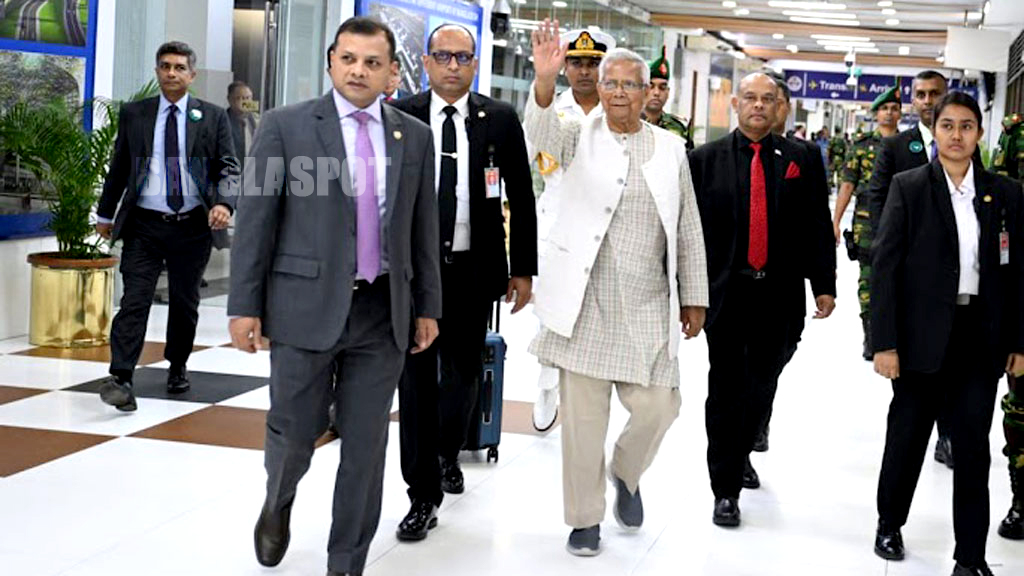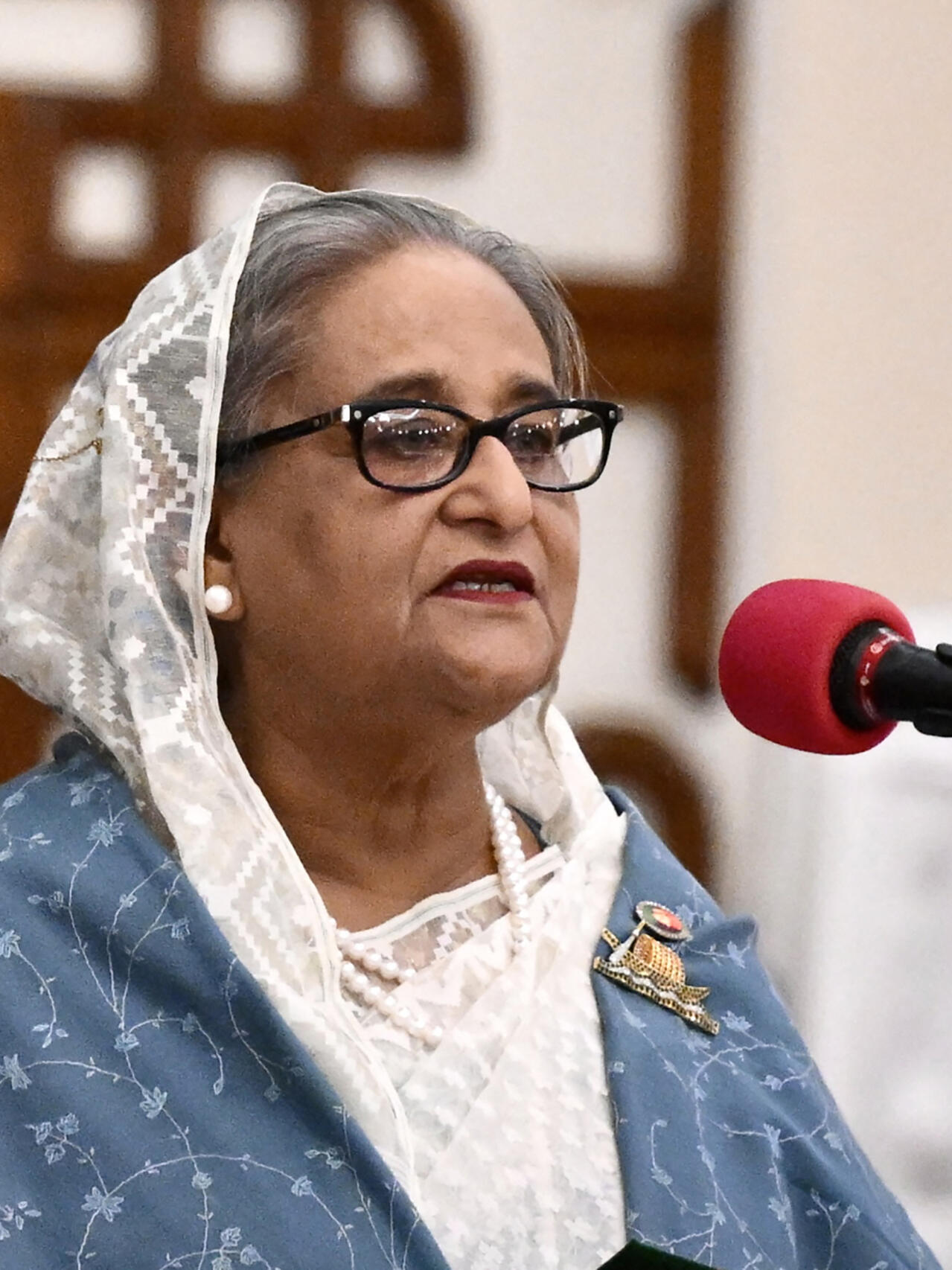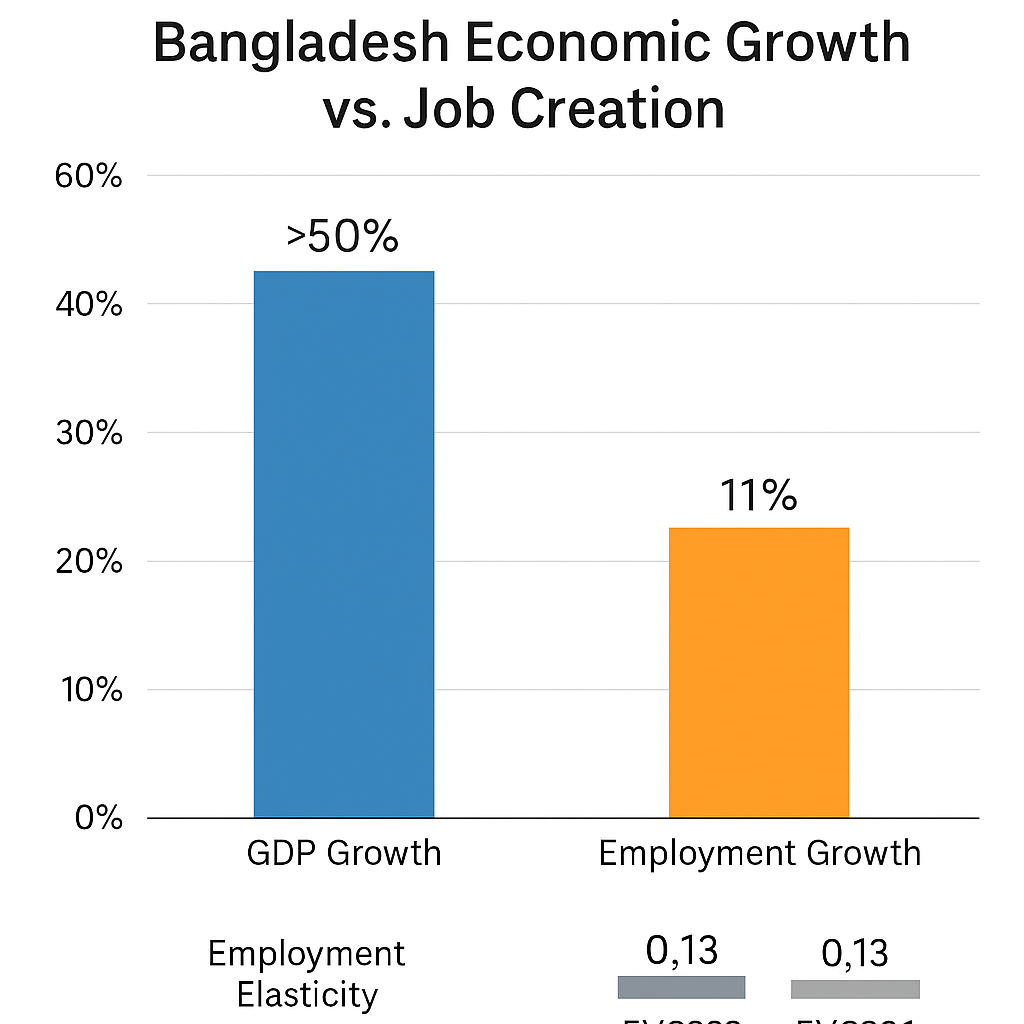
The Nobel Peace Prize laureate to strengthen Bangladesh-Japan ties, promote social business, and engage with Japanese government, academia, and youth leaders.
Dhaka, May 28, 2025 —
Nobel Peace Prize winner and globally celebrated social business pioneer Professor Muhammad Yunus has embarked on a four-day official visit to Japan, aimed at fostering deeper collaboration between Bangladesh and Japan in areas such as social business, poverty alleviation, education, and sustainable development.
Professor Yunus, the founder of Grameen Bank and a leading figure in global development innovation, departed Dhaka early Tuesday morning. The visit is being conducted at the invitation of several prominent Japanese organizations, including the Japan International Cooperation Agency (JICA), top academic institutions, and private sector partners interested in inclusive economic development.
According to a statement from the Yunus Centre, this official visit forms part of Professor Yunus’s ongoing global mission to create a world free from poverty, unemployment, and environmental degradation. It is expected to pave the way for future partnerships between Japanese institutions and social business enterprises operating in Bangladesh and beyond.
Focus on Social Business Collaboration
During his time in Japan, Professor Yunus is scheduled to hold high-level meetings with senior officials from the Japanese government, including representatives from the Ministry of Foreign Affairs, the Ministry of Economy, Trade and Industry (METI), and members of the Japanese Parliament. These meetings will explore avenues for enhanced cooperation on sustainable finance, youth empowerment, technology transfer, and social entrepreneurship.
A key theme of the visit will be the expansion of social business initiatives — a model pioneered by Yunus that aims to create businesses designed to solve social problems rather than maximize profits. Japan has shown increasing interest in this concept, particularly among its younger generation, academic institutions, and socially responsible businesses.
“Dr. Yunus believes in creating a world of three zeros — zero poverty, zero unemployment, and zero net carbon emissions. Japan’s commitment to sustainable development and innovation makes it a natural partner for this vision,” a spokesperson from the Yunus Centre said.
Academic Engagements and Youth Involvement
As part of his itinerary, Professor Yunus will visit top-tier Japanese universities including The University of Tokyo, Kyoto University, and Waseda University. He will deliver public lectures on the future of economics, the social business model, and the responsibility of youth in building a more inclusive and equitable global economy.
These academic engagements are aimed at inspiring Japanese students to think critically about capitalism, social responsibility, and the role of business in solving pressing social and environmental challenges.
Universities are also exploring long-term collaboration with the Yunus Centre to launch joint research programs, student exchange initiatives, and incubators focused on social innovation. In his addresses, Professor Yunus is expected to highlight how young people can be agents of change by embracing entrepreneurship not as a means of personal gain, but as a tool to improve society.
Business Forums and NGO Meetings
In addition to his government and academic meetings, Professor Yunus will participate in a series of roundtable discussions with Japanese business leaders, non-governmental organizations, and civil society groups. These forums will focus on corporate social responsibility (CSR), sustainable investment models, and the integration of ethical principles into mainstream business practices.
Japanese corporations such as Hitachi, Sony, and Mitsubishi have previously shown interest in social impact initiatives and may seek collaboration with Grameen social businesses in areas like renewable energy, digital financial services, and rural healthcare.
During these engagements, Professor Yunus will also emphasize the successes of Bangladesh in using microfinance to empower women and lift millions out of poverty, highlighting how these experiences can be adapted and replicated in other parts of the world.
A Symbol of Strengthening Bilateral Ties
This visit is viewed by many as a symbol of the growing relationship between Bangladesh and Japan — a partnership rooted in economic cooperation, development assistance, and shared global values.
Japan has long been one of Bangladesh’s largest development partners, supporting major infrastructure projects such as the Matarbari deep-sea port, Dhaka Metro Rail, and power sector modernization. The presence of a globally respected Bangladeshi figure like Professor Yunus in Japan not only underscores the strength of this bond but also opens new opportunities for collaboration in the fields of education, innovation, and sustainable development.
“Professor Yunus’s visit reinforces the growing influence of Bangladeshi thought leadership on global development strategies,” said an official from the Bangladesh Embassy in Tokyo. “His meetings will surely help deepen understanding and cooperation between our two nations.”
Global Relevance of Yunus’s Vision
Professor Yunus, who received the Nobel Peace Prize in 2006, is internationally recognized for his groundbreaking work in microcredit and social business. His vision of a reimagined economy — one that prioritizes human needs and planetary well-being over profit — continues to resonate across borders.
In recent years, he has addressed global forums including the United Nations, World Economic Forum, and G20 summits, where he advocates for building a world that is more equitable, sustainable, and inclusive. His ideas have inspired the creation of social businesses in over 40 countries.
Return and Outlook
Professor Yunus is scheduled to return to Dhaka on Saturday, June 1, 2025, following the conclusion of his engagements in Japan. Observers believe this visit will further solidify his international influence while contributing to stronger economic and developmental ties between Bangladesh and Japan.
As Bangladesh continues its journey toward becoming a developed country by 2041, visits like these serve as a reminder of the nation’s growing role in shaping global development discourse.






